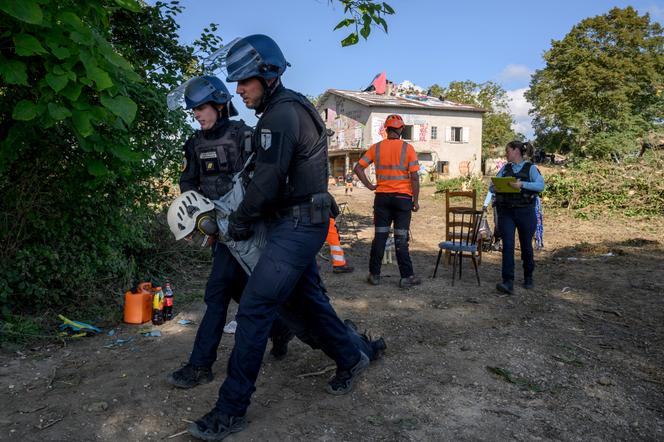


On Wednesday, July 2, the prefect of France's southern Tarn administrative department banned any gathering of opponents of national highway A69, a controversial proposal to link the cities of Toulouse and Castres, ahead of protests planned for July 4 to 6, citing "clear risks of serious public disorder." The previous day, a court in Castres handed suspended fines of €400 to €500 to 16 anti-A69 activists, some of whom had perched in trees to prevent their felling in 2024, for "opposing the execution of works of public utility." The two decisions could have easily been included in Amnesty International's first report on the rights of climate activists. Published on Wednesday, July 3, the report denounced "the repression of environmental and climate defenders" in France.
"It is worrying to see that France, which led the fight for the climate with the Paris Agreement 10 years ago, is today a striking example of the global wave of repression targeting environmental defenders," said Margot Jaymond, a climate justice specialist at Amnesty International France. "A whole system exists to prevent their action, to criminalize them and to repress them. Targeted and deliberate attacks are not only against freedom of protest, expression and association, but also against the right to information and citizen participation when it comes to climate issues."
You have 75.91% of this article left to read. The rest is for subscribers only.
